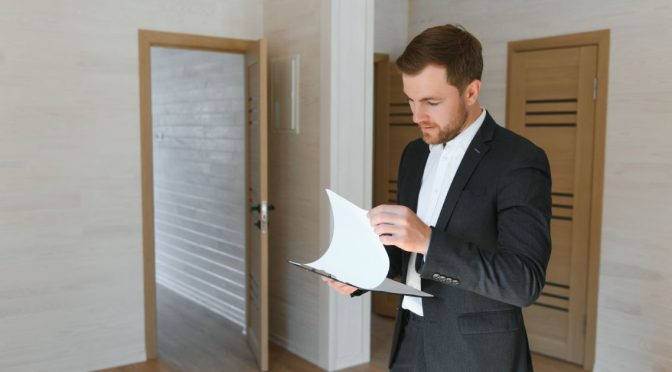Next Steps After Your Miami Rental Property Inspection
Owning a rental property in Miami can be rewarding, but it also comes with responsibilities, especially after an inspection. Knowing the right next steps is essential to keep your property in good shape and ensure compliance with local regulations, whether you’ve just had a routine check or a more detailed evaluation.
From understanding the inspection report to scheduling repairs, each step plays a key role in maintaining your property’s safety and value.
Step 1: Review the Inspection Report
The first step after an inspection is to carefully review the report provided by the inspector. This report will outline any issues found during the inspection, such as structural concerns, plumbing problems, or electrical issues. Make sure to understand each point noted, as this will help you prioritize what needs immediate attention.
If anything in the report is unclear, contact the inspector for clarification. It’s important to fully understand the issues so you can take the appropriate actions.
Step 2: Prioritize Repairs and Maintenance
Once you understand the inspection report, the next step is to prioritize the necessary repairs and maintenance. Some issues might be urgent and need immediate action, especially if they pose safety hazards. For example, faulty wiring or a leaking roof should be addressed immediately to avoid further complications or potential danger to tenants.
Create a list of all the recommended repairs and categorize them by urgency. This will help you allocate your budget and resources efficiently. Addressing maintenance issues promptly can prevent larger, more costly repairs and ensure your property complies with Miami’s safety standards.
Step 3: Hire Qualified Professionals
Depending on the repairs needed, you may need to hire contractors or specialists to complete the work. Licensed professionals should handle issues like electrical or plumbing to ensure the work meets safety codes. Be sure to verify that any contractor you hire is properly licensed and insured to work in Miami.
Obtaining multiple quotes can also help you find the best price without compromising quality. Hiring experienced professionals is crucial to ensuring the work is done correctly, saving you money and stress in the long run.
Step 4: Notify Tenants About Repairs
If the inspection report identifies issues that will require work affecting your tenants, it’s essential to communicate with them in advance. Let your tenants know what repairs will be taking place, when they will occur, and how long the work is expected to take. Keeping tenants informed helps maintain good relationships and minimizes any disruptions they might experience.
Consider scheduling repairs at times that are least disruptive to tenants, and always be transparent about the process. Your tenants will appreciate the communication, which will help them prepare for any temporary inconveniences.
Step 5: Schedule a Follow-Up Inspection (If Required)
Sometimes, a follow-up inspection may be required to verify that the necessary repairs have been made. If this is the case, schedule the follow-up as soon as the repairs are completed to avoid delays and ensure your property is up to code.
Follow-up inspections are especially important if the original report highlights safety concerns. These inspections provide peace of mind that your property is safe for tenants and compliant with Miami’s regulations.
Step 6: Maintain Regular Property Upkeep
After addressing the immediate concerns from the inspection, it’s important to continue with regular maintenance of your rental property. Routine upkeep helps prevent major issues and makes future inspections less stressful.
Create a maintenance checklist with regular inspections of critical areas like the roof, plumbing, and electrical systems. Staying proactive with maintenance keeps your property in good condition, keeps your tenants happy, and reduces the risk of costly emergency repairs.
Moving Forward
After a rental property inspection, it’s crucial to act quickly and efficiently on the findings to maintain the safety and value of your property. Reviewing the inspection report, prioritizing repairs, hiring qualified professionals, communicating with tenants, and scheduling follow-ups are all essential to ensuring your rental property is well-maintained and compliant with local regulations.
By staying proactive and organized, you can keep your Miami rental property in excellent condition, benefiting both you as an owner and your tenants. This approach helps ensure that your investment remains profitable and that your tenants enjoy a safe, comfortable living environment.






